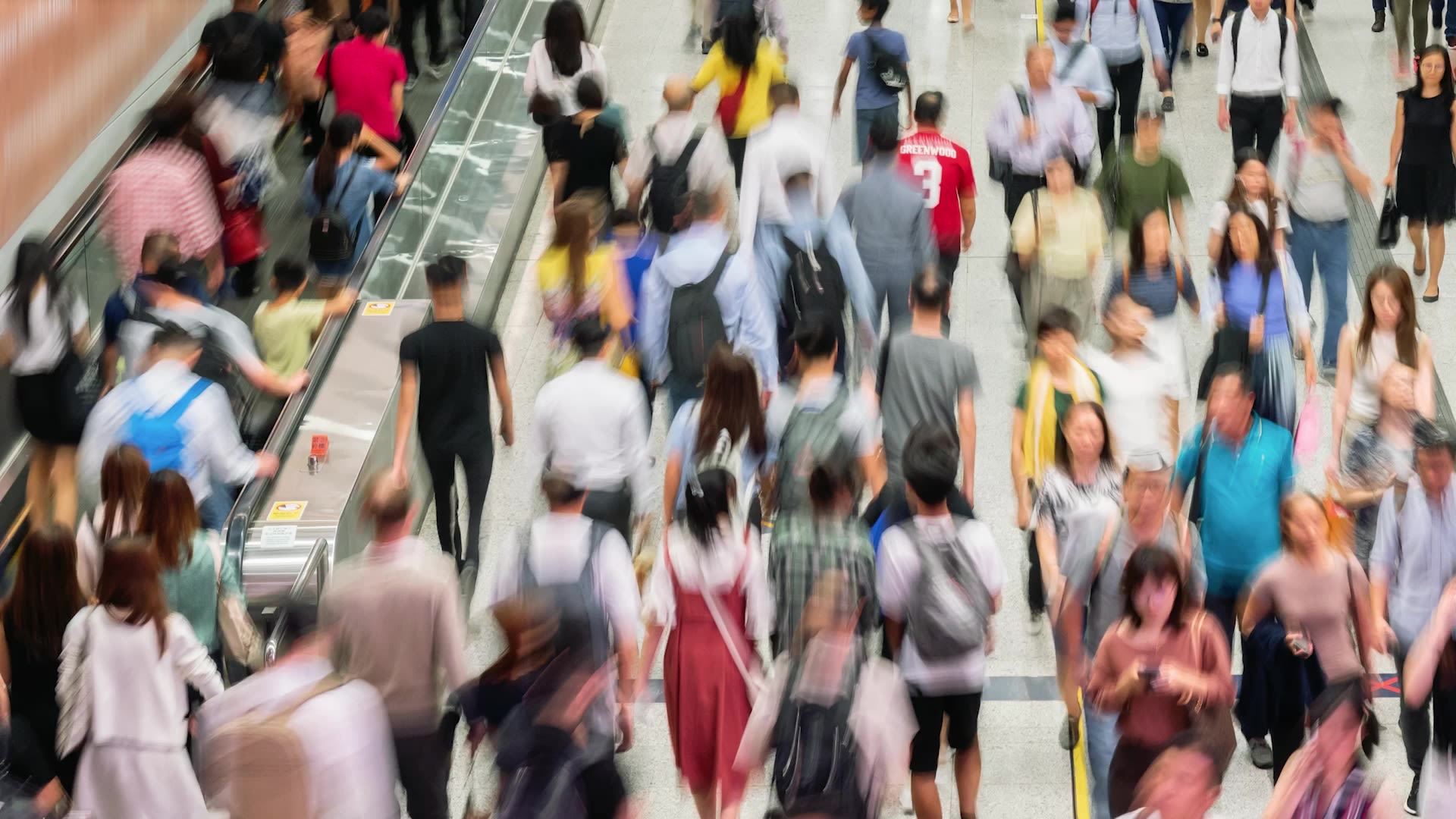Excess Baggage
Travel logistics expert explores tensions and challenges facing airlines and passengers

Airlines expect the 2023 summer season to be one of the busiest on record; many passengers are bracing for delays, cancellations, and other travel headaches. Cancelled and delayed flights have hit a record high over the last year, leaving many customers frustrated and paying out of pocket for unexpected expenses they feel should be covered by the airlines. With the public’s patience wearing thin, proposed legislation that would require airlines to provide compensation to customers is gaining momentum.
Ram Gopalan, associate professor in the School of Business at Rutgers University in Camden, spent over a decade at blue-chip travel and tourism companies, using mathematical analysis to solve organizational and logistical challenges.

Ram Gopalan, associate professor of professional practice in management
Ram Gopalan, associate professor of professional practice in management
In May 2023, President Biden asked the Department of Transportation to create a new rule requiring airlines to compensate travelers for expenses like meals, hotels, and rebooking fees if the airline is at fault for a delay or cancellation. This policy is already in place in Canada and across the European Union (EU); one study revealed that since the policy has been in place in the EU, flights have been five percent more likely to arrive on time.
"If the burden on airlines to compensate for critical incidents increases, it will change the cost structure and decrease profitability," Gopalan said. "However, real life is complicated, and sometimes it may not be possible to clearly ascribe responsibility for a delay to the airline, the Federal Aviation Administration (FAA), or any other entity. Airlines can proactively manage some aspects of their cost structure, but for rare, big-impact events, they may have to consider extreme options like insurance."
Gopalan noted that it is in the airlines' best interest to keep the system up and running, with or without the new rule. Even without government-required compensation, delays cost airlines $8.3 billion in increased expenses in 2019, according to the FAA.

Since the beginning of 2023, airlines have added more workers to their ranks to improve customer service and have committed to investing in technology to drive efficiency. Gopalan noted, however, that additional challenges beyond the direct control of the airlines, like extreme weather and aging aviation infrastructure, make operations more challenging.

“Everyone involved – from the federal government to the airlines, to the airports, and the cities and states they serve – needs to work together to manage changes we know will happen in the years to come,” Gopalan said.

Creative Design: Karaamat Abdullah